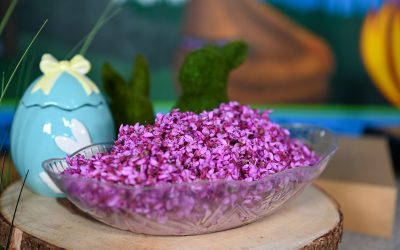
Simple Salsa
Ingredients
- 2 cans fire roasted tomoatoes or 4 cups chopped fresh tomatoes
- ½ medium white onion chopped
- 3 cloves garlic
- ½ cup fresh cilantro or 1 tbsp dried
- 1 medium lime juiced, or 2 tbsp lime juice
- 1 jalapeno diced (optional)
Instructions
- If using canned tomatoes, drain them and save the drained juice for later.
- Add tomatoes and remaining ingredients to a blender. Pulse 2-3 times and add in reserved tomato juice 1-2 tablespoons at a time, until reaching desired consistency.
- Flavor improves with time so chill salsa in refrigerator for 30 minutes before eating.
NUTRITION NOTES
Safe Food Practices
With the recent pandemic in the world, there has been an increased spotlight on sanitation and safety. There are procedures to keep us safe and there are also steps that can be taken to ensure our food is safe, as well.
Here are three important guidelines to follow when it comes to food safety.
- Cook food to the appropriate temperature: To ensure food safety, poultry must be cooked to an internal temperature of 165 degrees F, beef to 155 degrees F, and fish to 145 degrees F.
- Prevent cross contamination: Cross contamination is when two different foods come in contact with each other, which allows bacteria to be transferred. This most commonly happens when raw meats touch ready to eat or already cooked foods. The best way to prevent cross contamination is to clean while you cook and have separate cutting boards for foods.
- Store your food safely: Keep raw meats at the bottom of the fridge, ready to eat or already cooked foods at the top, and fresh produce in the middle.




0 Comments